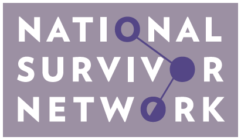August 1, 2023
There is a growing evidence base that highlights survivors of modern slavery experience significant mental health problems (Oram et al., 2012; Ottisova et al., 2016; Pocock et al., 2018). High prevalence rates of depression, anxiety and post-traumatic stress disorder (PTSD) have been reported (Oram et al., 2016; Abas et al., 2013). In Europe, survivors are entitled to assistance with psychological needs through the Council of Europe’s Convention on Action against Trafficking in Human Beings (ECAT) (Council of Europe, 2005). Despite the Convention’s mandate, since 2013 a number of nongovernmental organisations (NGOs) have documented the difficulties that survivors experience in accessing psychological support in the UK (e.g., Anti-Trafficking Monitoring Group, 2013; Sophie Hayes Foundation, 2014; Katona et al., 2015; Survivor Alliance, 2018).
This study aimed to update the evidence base on survivors’ access to psychological assistance in England and Wales and sought to: (1) establish if survivors are receiving their entitled assistance; (2) document in what format and settings the assistance is received; and (3) understand barriers to access and the impact of psychological assistance on survivors’ mental wellbeing.
View: Placing Survivor Wellbeing on the Policy and Evidence Map
